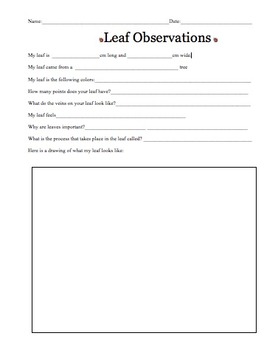

Inference, on the other hand, is a conclusion based on observation. Usually, observations are based on hands. Inferences are assumptions or explanations of what you have seen or perceived. Observations are what you notice or perceive. Observations are objective whereas inferences are subjective. Inferences are acts of deriving rational conclusions from circumstance or known facts. Observations are acts of carefully examining or watching objects or persons in a process.


Inference can assist in analyzing diverse conditions and making sound conclusions. So let’s take one more look at the key differences between observations and inferences. In this sense, inference is frequently seen as a judgment of what is observed.Ī valid conclusion may only be drawn if there is sufficient data or evidence. ConclusionĪside from the distinctions noted above, observation, as well as inference, are connected in the notion that observation is just what we observe whenever something occurs, while reasoning is just what we derive from observations. In contrast to inference where reasoning is used to derive a conclusion with respect to the aim and observation.
Observation entails paying close awareness to the topic under investigation and window period. Observation is based on hands-on experience whereas inference is based on second-hand data. An observation can or cannot be interdependent whereas inference is always dependent on observation. An observation is objective in nature whereas inference is subjective in nature. Observation is based on what one sees whereas, inference is based on assumptions and perceptions. Main Differences Between an Observation and an Inference There is no reasoning before observation, but there should be some reasoning after observation. The inference is just a hypothesis based on the observation that has been performed. In contrast to observation, which is what one sees, inference is a supposition based on what one has observed. Although observation is the meticulous examination of objects surrounding, the inference is the judgment formed from that thorough observation. The main difference between an observation and an inference is that an observation is a genuine depiction, but an inference is an interpretation of the acquired facts. If you’re seeking the distinctions between observation and inference, you’ve come to the right location. The two concepts are so linked that a layperson would mistake them for synonyms, but the fact is that they are not. The two processes preceding actual comprehension are observation and inference, and these phrases are commonly employed in the field of sciences and statistical computations. You’ve probably come across the phrases observation and inference multiple times in statistics as well as experiment documentation.







 0 kommentar(er)
0 kommentar(er)
